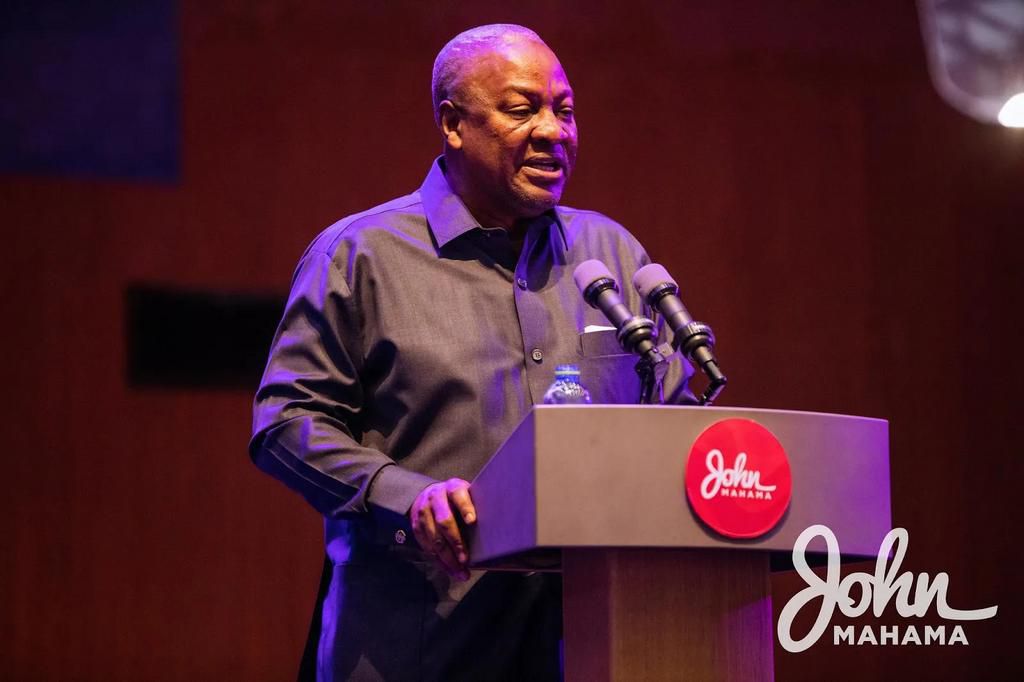Mahama to support rural teachers with special allowances, cancel licensure exams
)
Mahama proposed that teachers working in rural areas should receive an additional 20% of their monthly salary as an incentive to serve in these often neglected and underserved communities. He emphasised that such a measure is essential for motivating and retaining educators in areas where living and working conditions can be challenging. According to Mahama, the lack of basic amenities and infrastructure in rural areas makes it difficult for teachers to perform their duties effectively, and the special allowance would help mitigate some of these challenges.

In addition to the salary increment, Mahama announced that an NDC government would introduce the "Teacher Dabre" initiative, a programme designed to address the accommodation challenges faced by teachers, particularly in rural areas. Under this initiative, teachers' bungalows would be constructed in every newly built senior high school across the country. Mahama highlighted the importance of providing decent housing for teachers, as it directly impacts their well-being and ability to focus on their teaching responsibilities. He further stated that existing schools that lack adequate bungalows would also have such accommodations constructed around them, ensuring that all teachers have access to decent living quarters.
Furthermore, Mahama pledged to cancel the current teacher licensure examinations, which have sparked controversy and discontent among educators nationwide. He argued that the exams have become an unnecessary burden on teachers and that the NDC would find more effective ways to assess and ensure the quality of education professionals.
By addressing these issues, Mahama aims to improve the overall quality of education in Ghana, particularly in rural areas, where disparities in education infrastructure and teacher distribution are most pronounced.
)
)
)
)
)
)
)
)
)
)
)
)
)
)
)
)